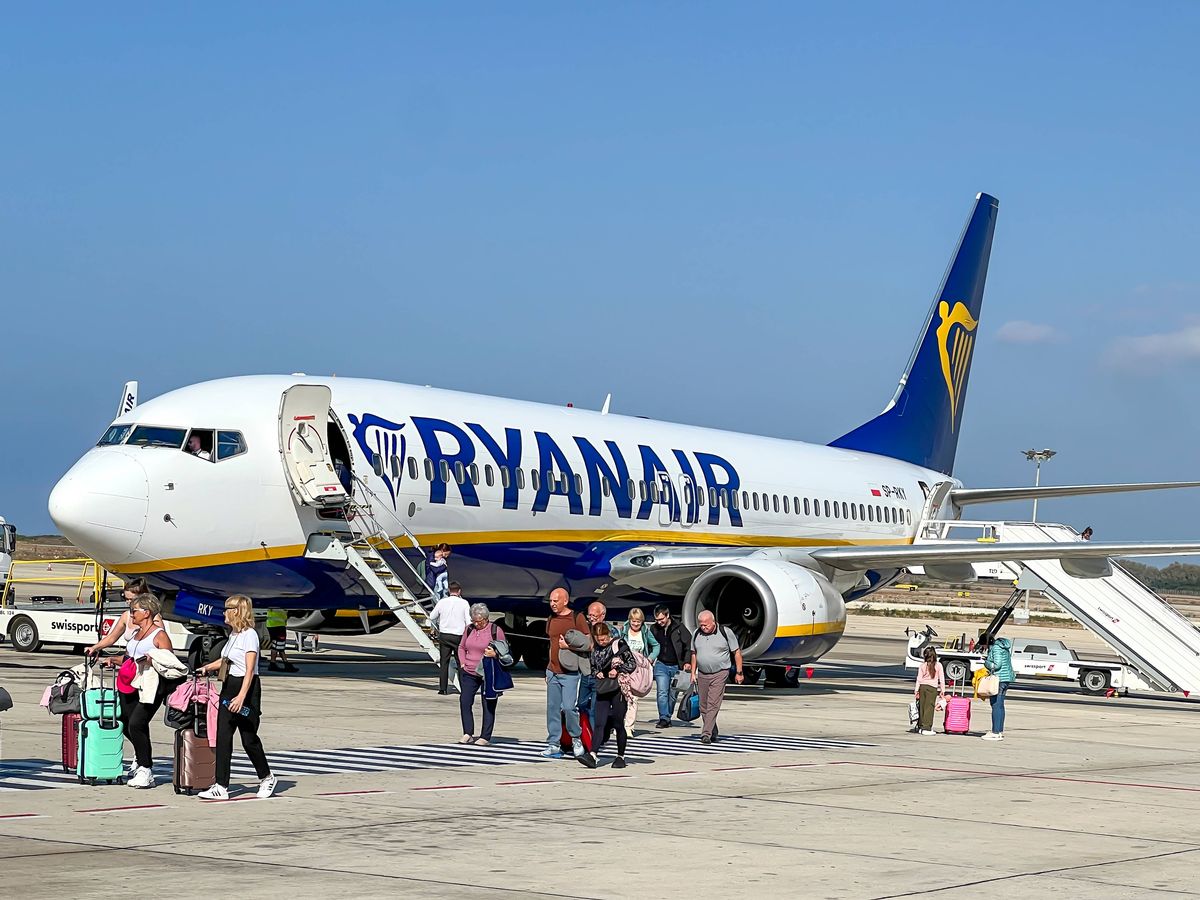
Introduction
The recent wave of flight cancellations by Ryanair has captured significant attention, especially concerning its routes in and out of Spain. This topic holds great importance for travellers, particularly as summer approaches, a peak season for tourism in Spain. The cancellations not only disrupt travel plans for countless passengers but also raise questions about the airline’s operational reliability and customer service.
Cancellation Details
In early August 2023, Ryanair announced the cancellation of approximately 500 flights across Europe, with a significant number affecting routes to and from Spain. The cancellations are attributed to various factors, including workforce shortages, air traffic control strikes in Europe, and adverse weather conditions. Ryanair has faced criticism before regarding its handling of flight disruptions, and this recent situation is no exception.
Passengers affected by the cancellations reported difficulties in rebooking flights and receiving refunds. According to reports, many customers expressed frustration over long wait times to speak with customer service representatives, as the airline’s call centres were inundated with requests.
Passenger Rights and Compensation
Passengers are entitled to compensation under EU261 regulations when their flights are cancelled, provided they meet specific criteria. This regulation mandates airlines to reimburse travellers or offer alternative routes within the same period. However, the process can be convoluted, often leaving customers feeling overwhelmed amidst their travel disruptions.
Moreover, Spain’s Consumer Agency has stepped in to remind passengers of their rights following the Ryanair cancellations, advising them to seek refunds or rebookings promptly. Advocacy groups have also encouraged affected passengers to remain persistent in claiming their entitled compensation.
Conclusion and Future Implications
The mass cancellations of Ryanair flights in Spain have highlighted ongoing challenges within the airline industry, particularly in terms of managing disruptions and maintaining consumer trust. As travel demand surges, airlines must ensure that they are adequately staffed and prepared to handle operational challenges. For travellers, this situation serves as a reminder to stay informed about their rights and to consider alternative plans when booking flights.
Looking ahead, it remains to be seen how Ryanair will address these issues to restore passenger confidence. With the peak tourism season approaching, effective communication and proactive measures will be crucial for both the airline and affected travellers going forward.
You may also like

Discovering the Beauty and Culture of Norway

Exploring Monmouth: History, Attractions and Community
